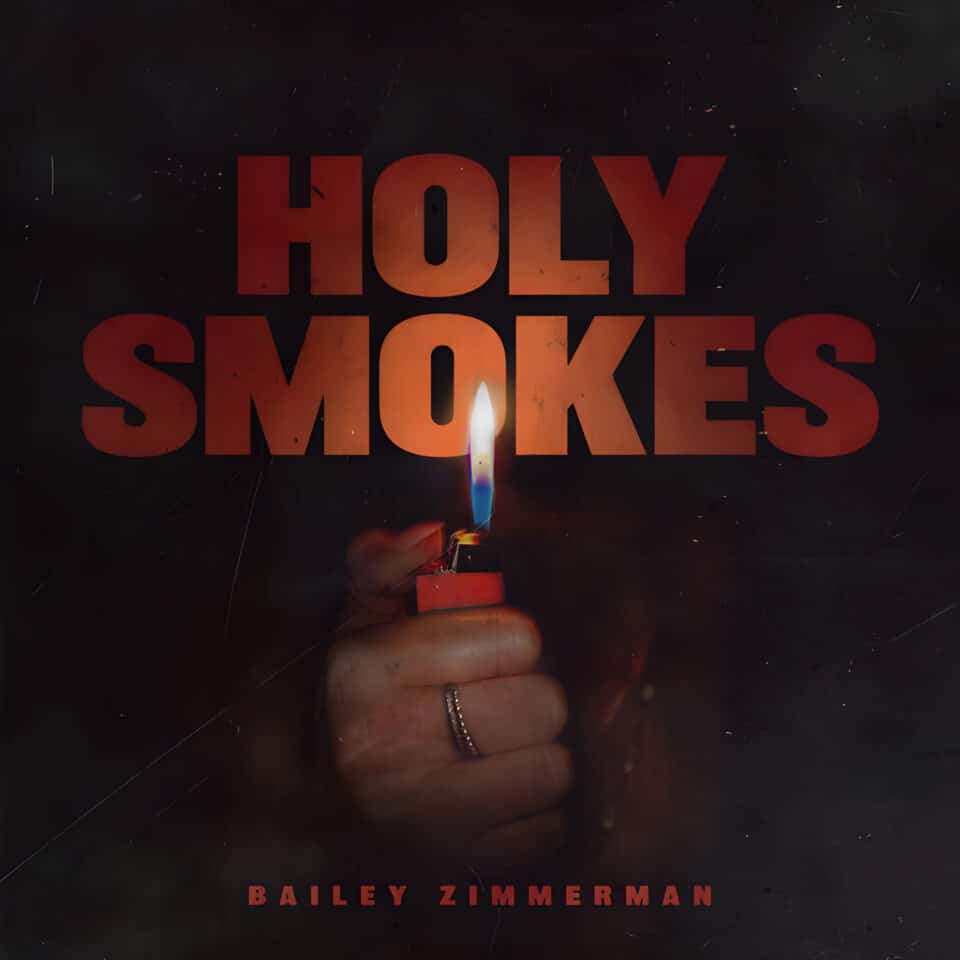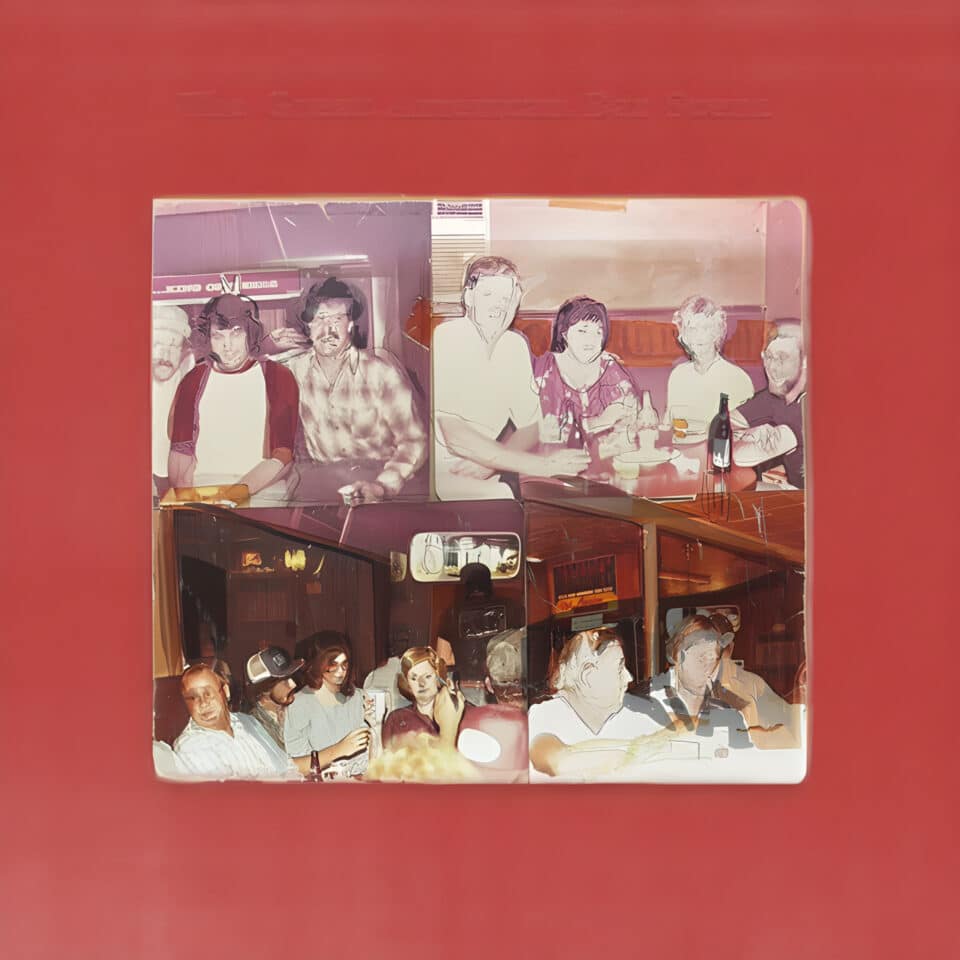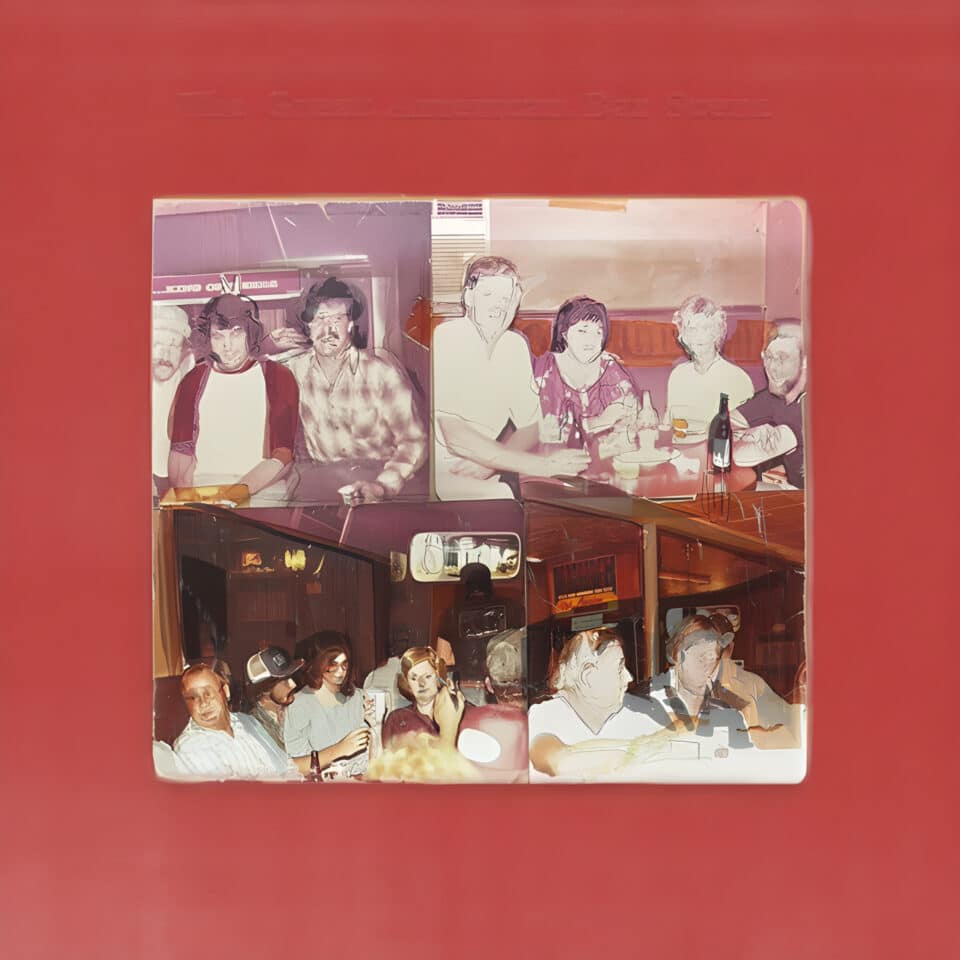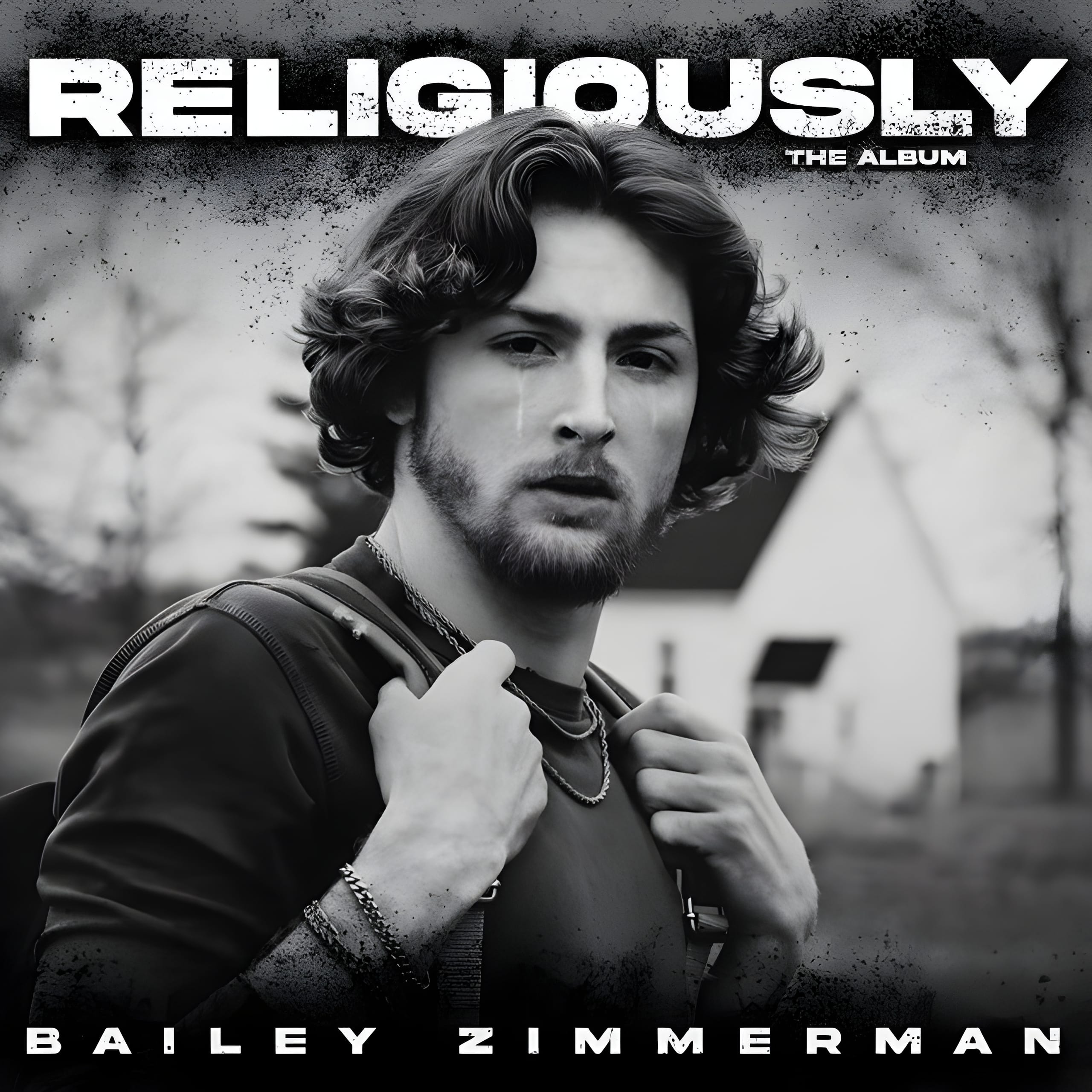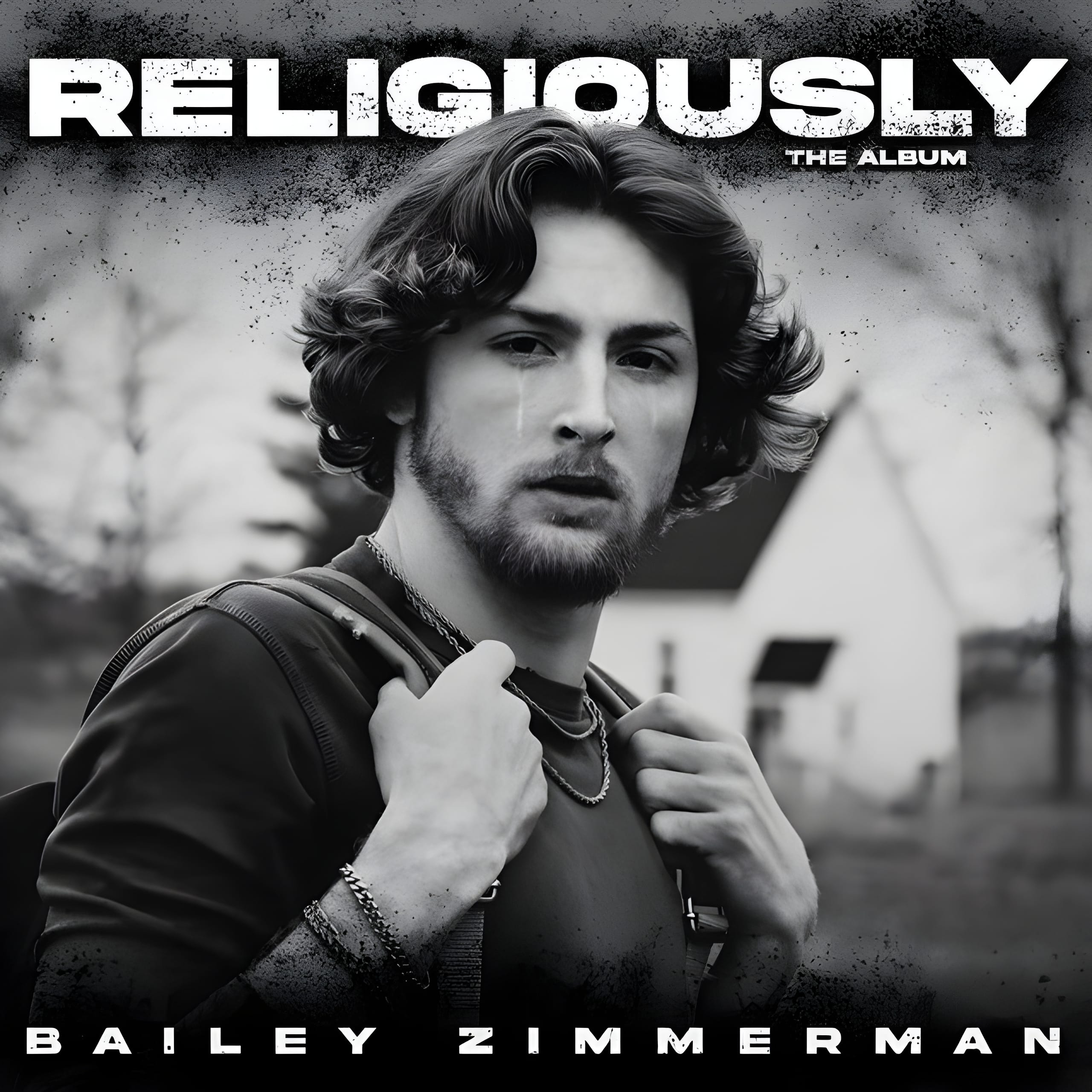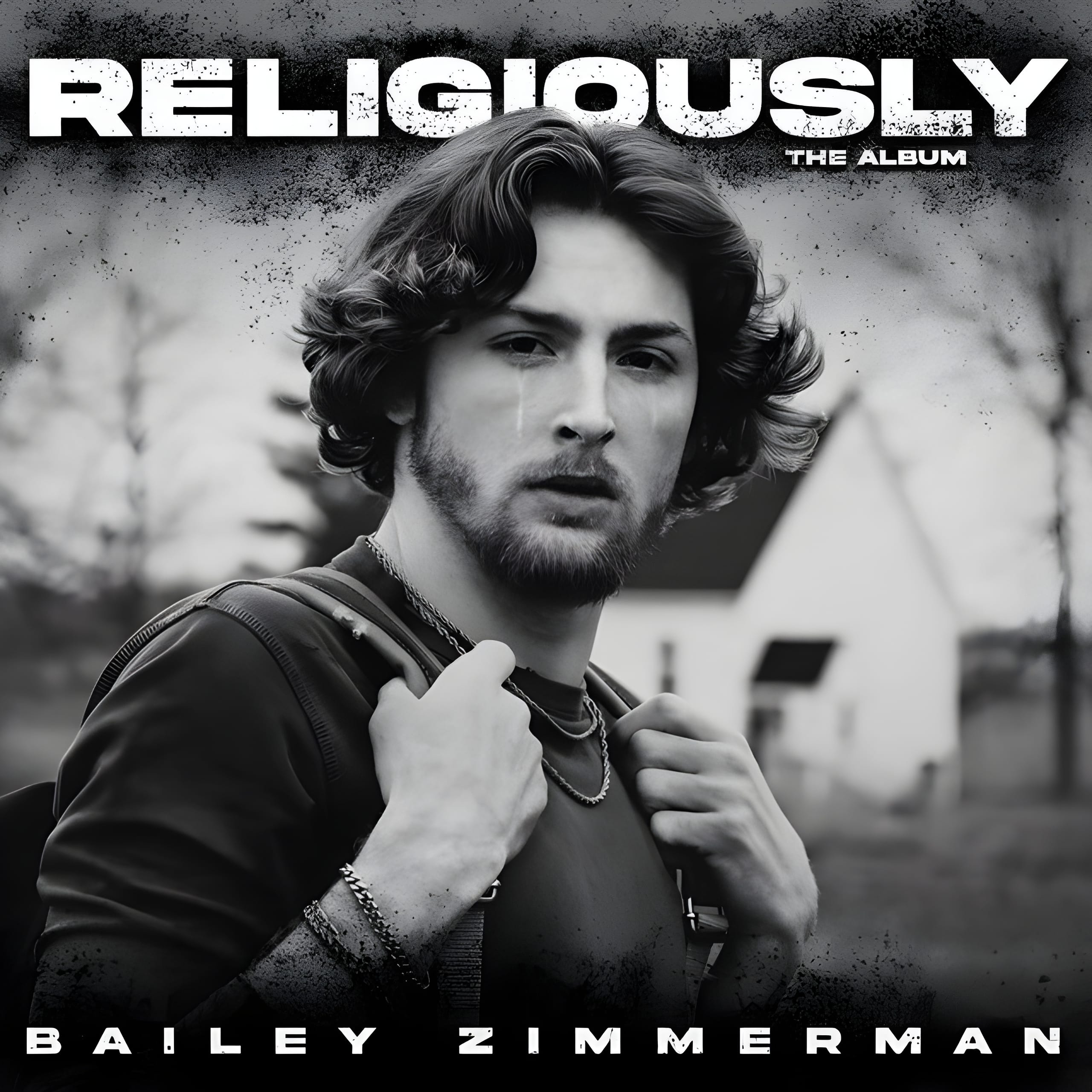Released: 2024
Bailey Zimmerman’s ‘Holy Smokes’ is a nostalgic country ballad, steeped in teenage rebellion and young love. The song tells a tale of a youthful romance, laced with religious undertones and a sense of defiance against societal norms. It’s a coming-of-age story set in the backdrop of a small town, where the church parking lot becomes a sanctuary for two young lovers.
The song starts with the protagonist expressing his fear of the devil and his girlfriend’s father. The line ‘So we’d park somewhere we knew they’d never look’ suggests they were sneaking around, trying to avoid getting caught. The ‘flame of her momma’s lighter’ symbolizes the spark of their love, and the protagonist admits he was ‘hooked’ quickly.
‘Heaven was a preacher’s spot in that first church parking lot’ is a metaphor for their safe haven, their own little piece of paradise. The ‘cross on a rearview’ is a common symbol in country music, representing faith and protection. The ‘blue eyes’ and ‘red words on a half pack of cigarettes’ paints a vivid picture of their youth and rebellion. ‘At 17 that’s what hallelujah was’ suggests that their love felt divine and sacred.
‘Life wasn’t heavy in the back of that Chevy’ implies a sense of freedom and carefreeness they felt in their youth. The ‘Holy Ghost’ here could be a reference to the thrill and excitement of their relationship. ‘Lightin’ up them holy smokes’ could be a clever play on words, referring to both the act of smoking and the ‘holy’ aspect of their relationship.
The line ‘They’d run us off but we’d come runnin’ back’ shows their determination to be together, despite the obstacles. The girl’s question about how his mother would react if they got married, shows their youthful naivety and their desire to be together forever.
The song ends with the protagonist reminiscing about those times, saying ‘nothing ’bout those nights felt like sinnin”. This suggests that despite their rebellious actions, they felt justified because they were in love. ‘And Jesus forgives, but I can’t forget when’ indicates that the protagonist is still holding onto those memories, even though they might have moved on in life.
